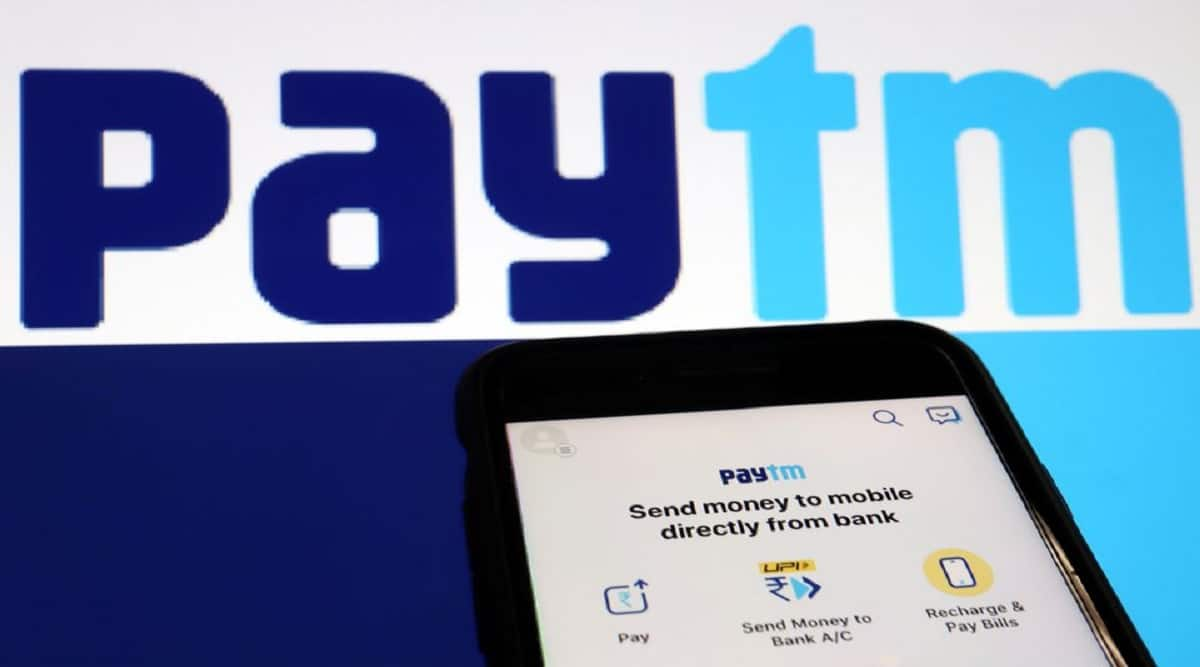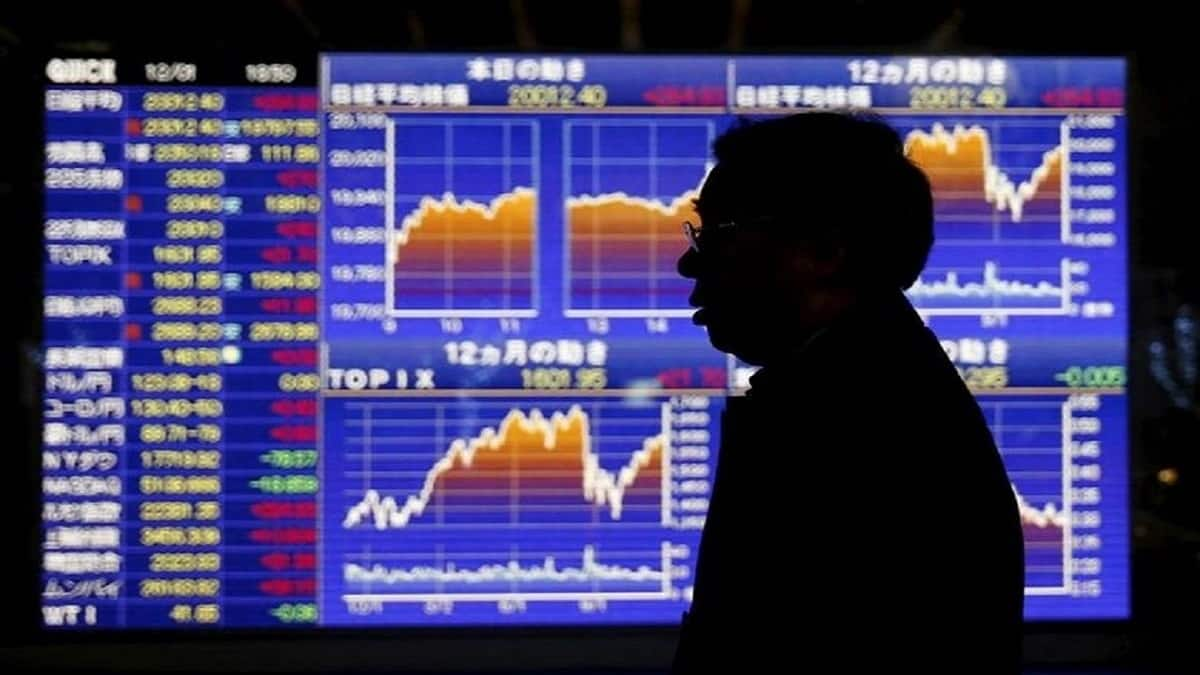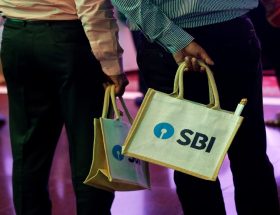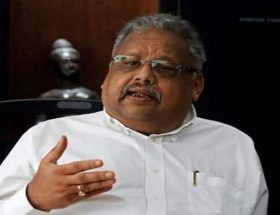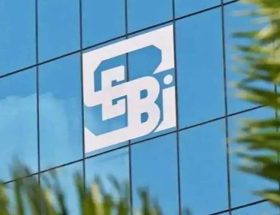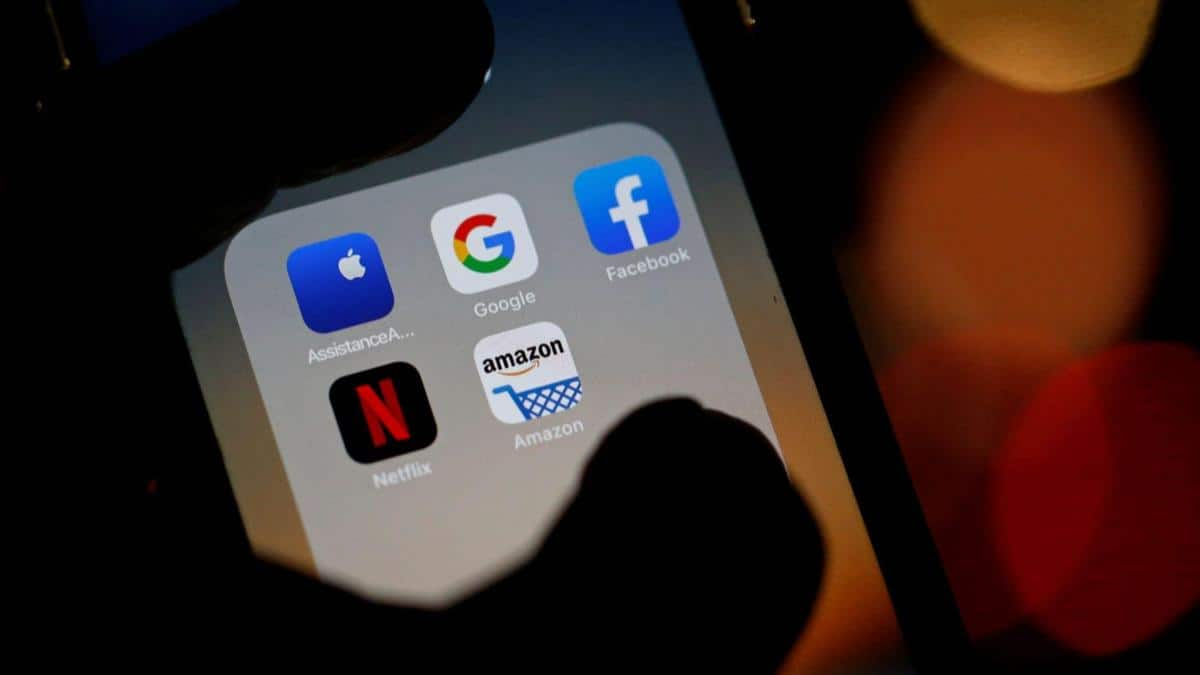
Not OTTs, but telcos’ users directly driving data traffic, says BIF
The Broadband India Forum (BIF), which represents major technology firms like Meta, Google, Amazon, and Netflix, has said that telecom operators are misleading the government with their arguments that OTTs (over-the-top players) are directly consuming majority of the bandwidths on their networks and therefore should pay a network fee. Infact, telcos’ own subscribers have deployed OTTs or content and application providers (CAPs) services on their devices, which is leading to data traffic surge, for which telcos charge a tariff, BIF said in a letter to telecom secretary Neeraj Mittal.
“It should be noted that the OTT (CAPs) platforms are either consciously downloaded by the customers or provided as pre-installed apps when the phone is bought. By no stretch of the imagination can one claim that the OTTs (CAPs) have themselves gate-crashed into the network and are themselves directly consuming the data traffic,” TV Ramachandran, president of BIF, said in the letter.
“The mobile group continues to persist in making the baseless and untenable allegation that OTTs (CAPs) are freeloading their data traffic onto the networks,” Ramachandran said, adding that another case of misrepresentation by telcos was their argument that OTT services have led to an erosion of revenues for them.
According to the Telecom Regulatory Authority of India (Trai), telcos’ revenue from data usage per user per month in June 2013 was only Rs 10.02, whereas by December 2022 it has shot up 12 times or 1,150% to Rs 125.05.
“Obviously, the OTTs (CAPs) have helped to boost the data revenue remarkably and enabled the networks to survive and stay afloat. The mobile operators should be grateful to their customers and the OTTs (CAPs) for helping them maintain and grow their business,” Ramachandran added.
In their arguments, the telcos pointed out that in South Korea there is a mechanism of network fees from OTTs and the European Union is also considering the same. However, BIF said the telcos did not reveal that in South Korea, the action has led to an increase in the cost of broadband and caused companies such as Facebook and Netflix, to suspend or degrade the services. Further, there has been a dramatic price hike, less diverse content, slower internet coupled with decline in investment in the sector and many smaller players have shut shops.
“It clearly establishes that the Korean law is heavily against the interests of small and medium enterprises, many of whom have exited the country due to the adverse environment. India can ill afford a repeat of this since we have a key dependence on startups, innovation and MSMEs for the digital economy,” Ramachandran said, adding that the European Union has rejected the proposal of network fee.
Currently, about 19 out of 27 EU nations have rejected the telcos’ proposition of sharing of network costs by OTTs (CAPs).
As per BEREC (Body of European Regulators for Electronic Communications), the network fee system could endanger the principle of net neutrality and lead to market distortion by putting smaller and medium-sized internet service providers to a disadvantage.
In the letter, BIF said without OTTs and their content, the telecom pipes would have been empty and unused. Both OTTs and telecoms need each other and should go forward in peaceful and productive coexistence, Ramachandran added.
Follow us onTwitter,Instagram,LinkedIn,Facebook

